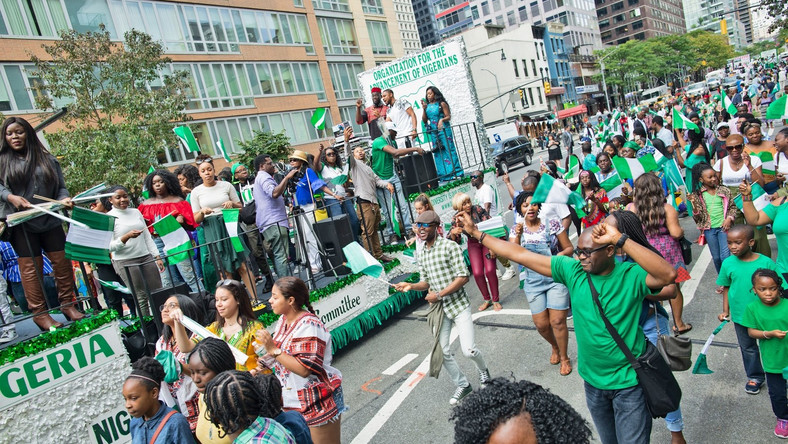Africa
‘Igbo Must Go’ is a deliberate effort to distract Nigerians

Politicians cannot deceive Nigerians any longer with ‘Igbophobia’ or ethnic propaganda; the reality is there for everyone to see, Nigerians are starving and the masses are constantly under threat.
The upcoming August 1st nationwide protests pose a genuine threat to Nigeria’s underperforming administration, and politicians are well aware of it. However, Nigerians have become predictable in their reactions.
As the protests approach, a new report circulating online has sparked another sentiment, attempting to distort the truth and frame the aftermath of the protests as ethnically motivated, rather than as the outcry of a frustrated nation suffering from the effects of poor governance.
Read More:
1st of August: Why the ‘nationwide protest’ is not a threat
1st of August: Wike makes hasty moves to stall nationwide protests
1st of August: “I am scared, politicians are running” — VeryDarkMan
This scenario feels familiar—like a rerun of a movie—where the harsh reality on the ground gets buried under false narratives that eventually become accepted history. The August 1st protests are not an ethnically driven movement but rather a manifestation of widespread frustration among Nigerians. Citizens from the South East, South South, North West, North East, South West, and the Middle Belt are facing economic hardship and insecurity, whether from herdsmen attacks or masked assailants.
Over the past 10-15 years, under so-called democratic regimes led by kleptomaniac elites disguised as politicians, Nigerians have felt trapped in their own country, forced into silence. Yet, whenever there is even the slightest challenge to this status quo, an ethnic bias is raised to push Nigerians back into submission.
Earlier today, a Twitter account with the handle Lagospedia went viral after a post from July the 27th was detected calling for Igbos in the South West to vacate the region and return to the South East, where the profile claims the Igbos belong. The account, now private, also urged Yorubas in the South East to return to the South West. This tactic is often seen in Lagos around election times: fear-mongering and hate narratives aimed at manipulating voters or altering the narrative.
By now, we should be wise enough not to fall for politically instigated crises designed to obscure the truth and deceive the world. A failing political system is harming Nigerians, yet citizens are being pitted against each other to divert attention from the real threat to Nigeria’s stability.
There is no widespread ‘Igbophobia’ beyond the political games played by elites who feel threatened when the masses begin to see through their lies. Anti-protest groups have been mobilized to divide and intimidate the public, while hate-mongering Twitter profiles are being used to stir up ethnic sympathies and biases.
But what is the truth?
The truth is that an Igbo man living in the South West, South East, or North is not faring any better than a Yoruba or Hausa man in the same regions. All ordinary Nigerians are struggling with the overwhelming inflation that successive corrupt governments and a broken political system have imposed on the populace.
The world is misled into thinking Nigeria is a failed state due to a lack of resources, while in reality, the government and political elites amass billions for themselves under the guise of ‘cost of governance.’ What is the true cost of governance when the people see no benefits from it?